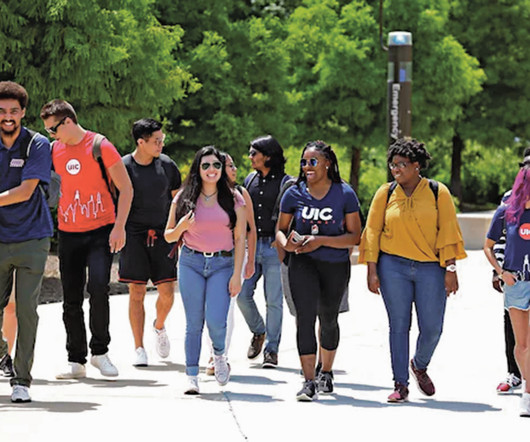Seal of Excelencia 2024
Diverse: Issues in Higher Education
NOVEMBER 5, 2024
Faculty mentors were encouraged to engage with mentees, which resulted in faculty having to discover which methods worked best to communicate with their students. An example of an academic support program at Merced is EXCEL!, . … This program paired faculty members with developmental education freshmen.





















Let's personalize your content